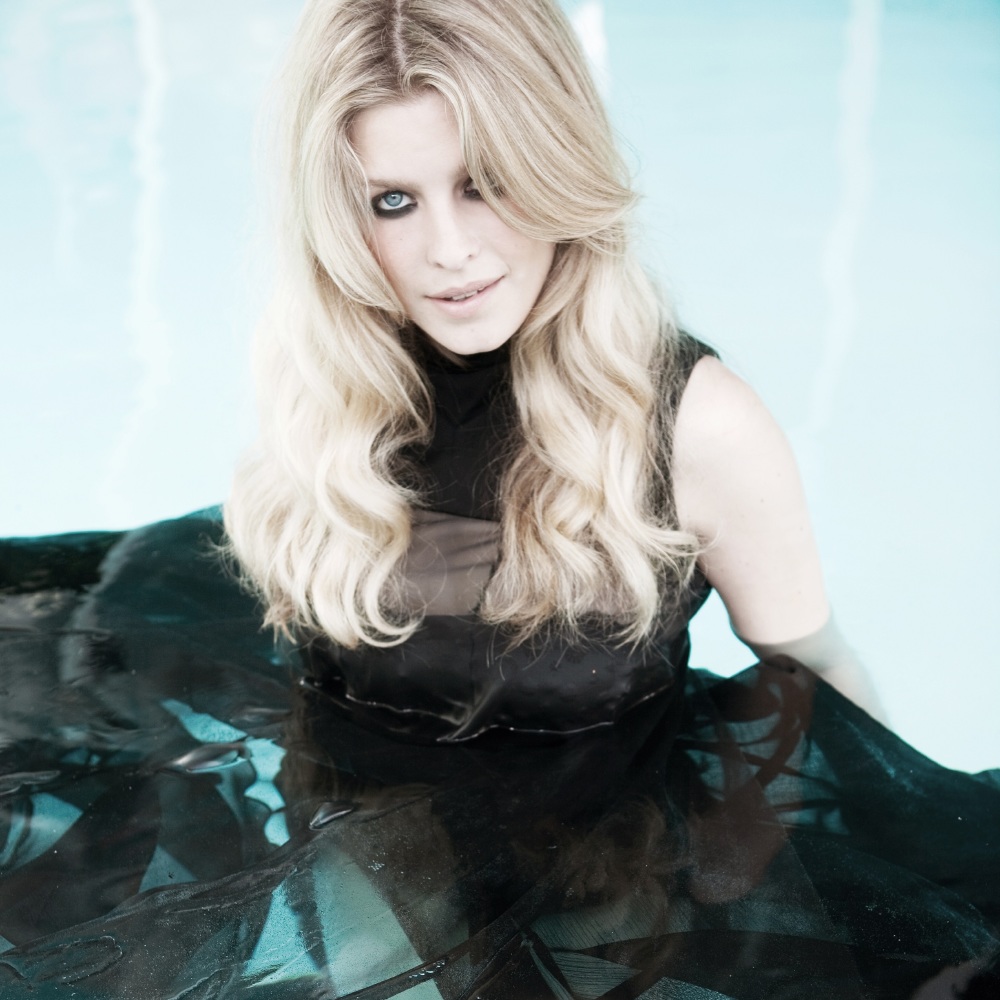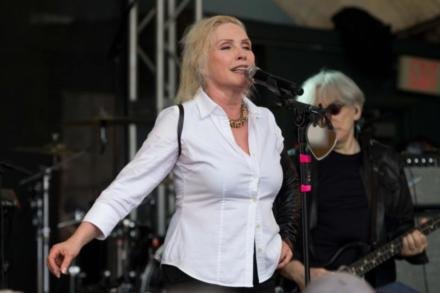
I had started to write an article about Kate Bush and her influence on feminism and music since the early 80s. Fuelled by the amazing, and exciting, news of her 22 date Hammersmith Apollo Tour (which sold out in 15 mins) I wanted to explore more about her role in music over the last 30 years. Then last night I listened to Debbie Harry’s Desert Island Discs for Radio 4 with Kirsty Young - and it made me think about what I was going to write about Kate Bush in a slightly different way.
Both these women have become legends in their own lifetimes, both created an individual style that has gone on to influence many other artists after them. Both were women whose success came at the tail end of a very male dominated 70s - but they went about it in very different ways. What do they both have to tell us about the many faces of feminism, and the position of women in music?
Kate Bush’s first single ‘Wuthering Heights’ was released in 1978, on EMI Records when she was only 19. They had wanted her to go with a less surreal, more ‘pop’ track on the album as her first single, but Bush insisted that the Bronte inspired ‘Wuthering Heights’ (with its weird and wonderful music video of her dancing in her red dress) was the one they released. It made her the first woman ever to achieve a self-penned number one in the UK charts.

Kate then split from EMI after her first album, suggesting later that the final straw was a picture of her in a tight, sexy, push up pink top that the label wanted to use for marketing, but that she did not like. Later she said: ‘The media just promoted me as a female body. It’s like I’ve had to prove I’m an artist IN a female body.’
Kate’s success continued - 10 albums, 3 number one albums, an Ivor Novello, several Brits - and now 35 years since her last tour (she has only done one off, and stand alone gigs since) she has sold out 22 nights at the Apollo (that is over 75,000 tickets) and rumoured to be headlining Glastonbury (2015).
Moreover she has become a cultural icon - beloved by those who grew up with her, and also those (like me) who found her only several years ago.
Her lyrics, influenced by Gothic Literature, Ulysses, myths, murders and dancing with Hitler - strike so out into the surreal and spellbindingly unusual.
Her vocal style is haunting, her musical experimentation (ranging from the almost classical to the use of drum machines and synths in her number 1 album ‘Never for Ever’) is ever growing and evolving over her career.
Literally hundreds of artists since have sighted her as a major influence (Bjork, PJ Harvey, GoldFrapp, Florence Welsh…)
Her ‘hands off’ approach to celebrity, her refusal to comprise creatively or let her sex dictate how she was marketed, has made her a true feminist role model.
Then I listened to Debbie Harry talk about her time as Blondie and I started to think that there is not, and should not, be just one way to be a successful women and still a feminist.
In many ways Debbie Harry is the antithesis of Bush’s other wordily purity. All guns blazing, with her beauty and her sexuality at the forefront of her front - women appeal, she challenged the ‘Good Girl’ image that women in music had at that time, (Carol King / Bonnie Raitt). There would be no Madonna without Debbie Harry.
Success came late, (she was 30 when she formed Blondie, their first ‘hit’ was in 1978 - the same year as ‘Wuthering Heights’) and her career was one lived in the spotlight, hanging out in Studio 54 with The Ramones, gracing front covers, inspiring a generation of women with her sexy punk fashion.

Of course there many differences that make these women seemingly incomparable - their styles of music, their image, their markets, their nationalities… but what they do have in common makes them interesting to compare in the light of what they say about women in music, and women in general?
Both have very long lasting careers, iconic style status and ongoing appeal over generations (Blondie is headlining Glastonbury). What does this mean?
There are many ways to be successful women - have some guts, have some talent and go for it.
Lydia Baylis
Tagged in Blondie Debbie Harry Kate Bush Lydia Baylis

